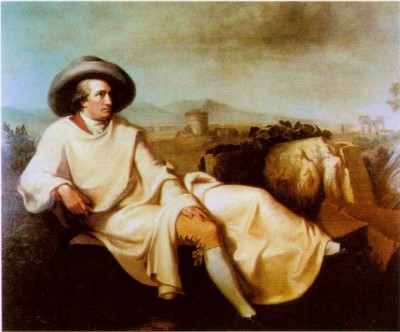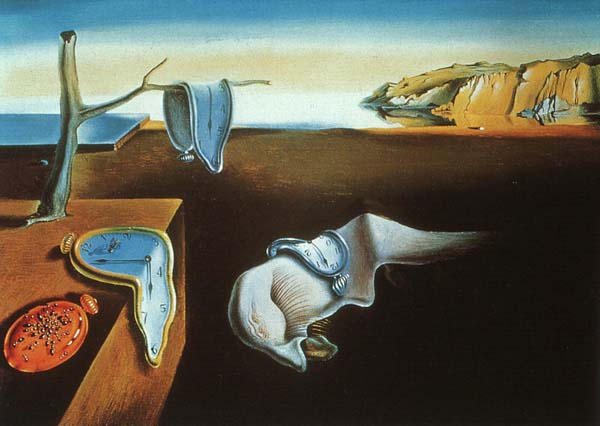Hermann Hesse, Steppenwolf

"The hatred of the official Germany, culminating under Hitler, was compensated for by the following I won among the young generation that thought in international and pacifist terms, by the friendship of Romain Rolland, which lasted until his death, as well as by the sympathy of men who thought like me even in countries as remote as India and Japan. In Germany I have been acknowledged again since the fall of Hitler, but my works, partly suppressed by the Nazis and partly destroyed by the war, have not yet been republished there." Nobel Prize speech, 1946. |




| False (59-60) Dichotomies | |
| Harry Haller High culture: Mozart, Goethe, Novalis, Jean Paul, Beethoven male reality book learning living |
Steppenwolf and Hermine
(108) Low culture: jazz, fox trot, music on grammaphone, the Boston female fantasy / fairy tale learning by experience suicide |
Man-made |
Natural |
|
|

